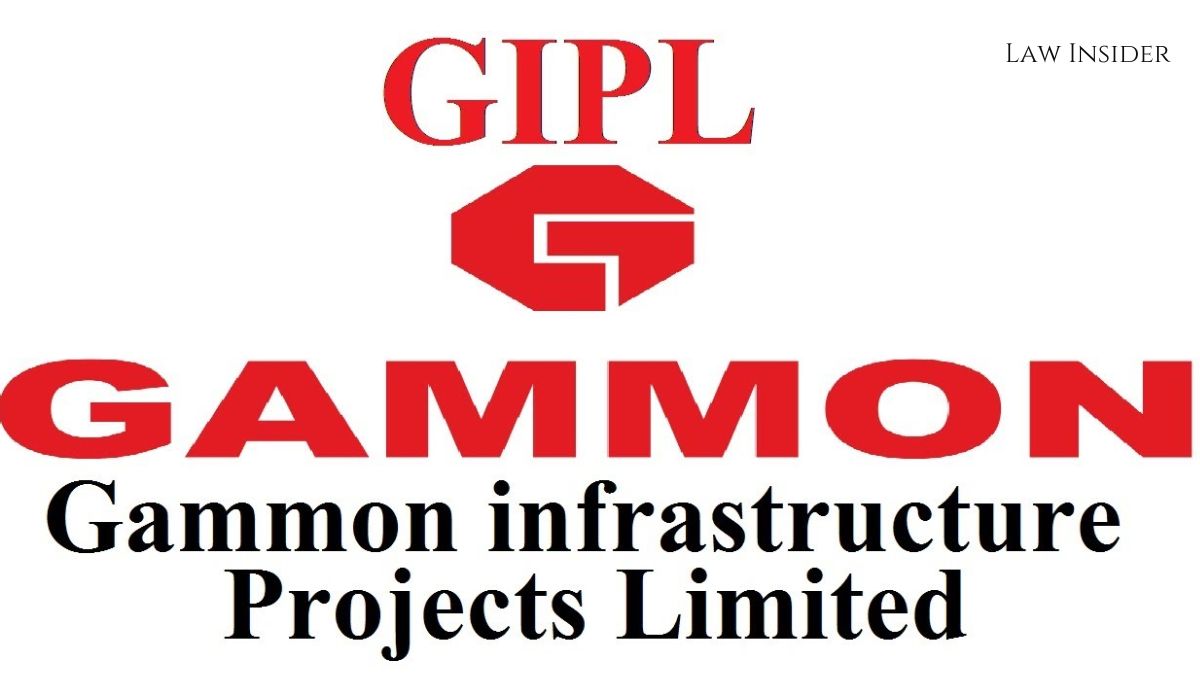Prerna Gala
Published on: September 21, 2022 at 21:23 IST
According to securities attorneys, the Supreme Court’s ruling in the insider trading case involving Gammon Infrastructure Projects may serve as a model for other similar cases that are currently pending.
The Supreme Court ruled on Monday that simply having access to price-sensitive information and trading based on it are insufficient to prove insider trading allegations.
According to the ruling, it is equally crucial to prove that the transaction’s motivation was to profit from insider knowledge.
In the words of the Supreme Court decision, “if a person enters into a transaction which is surely likely to result in loss, he cannot be accused of insider trading.”
Justices Indira Banerjee and V Ramasubramanian made up the two-judge panel that delivered the decision.
The key document in the dispute is a shareholder agreement that Simplex Infrastructure and Gammon India signed in 2012. Both businesses inked a commitment to invest 49% in each other’s projects after receiving contracts from the National Highways Authority of India to construct a number of highways.
However, these shareholding arrangements were cancelled on September 9, 2013.
On September 22, 2013, Abhijit Rajan, one of Gammon’s promoters, sold 14.4 million shares of the business. However, stock markets were only notified of the project termination on September 30, 2013.
Gammon became the sole owner of the road project following the announcement, which caused the company’s share price to soar.
On the premise that Rajan had broken insider trading rules, Sebi had issued an order against him. Sebi approached the Supreme Court, which also maintained Rajan’s acquittal, after the Securities Appellate Tribunal (SAT) decided in his favour in 2019.
The verdict, according to securities attorneys, may have an impact on a number of ongoing insider trading instances when the breach was accidental or technical in character.
“In its ruling, the Supreme Court noted that a person should be motivated to engage in insider trading by profit motivation rather than real profit. The amount gained or lost is nothing; what matters is the motivation behind the gain,” said Zerick Dastur, the company’s creator and advocate.
“The law pertaining to insider trading continues to develop with the judgements passed by the Supreme Court on the subject serving as binding precedents for all to follow.”
Whether the accused is an insider or related to an insider, whether the accused or his associates were in possession of Unpublished Price-Sensitive Information (UPSI), and whether they traded in the company stock while aware of UPSI are the criteria used by Sebi to determine whether an instance of insider trading occurred.
According to legal experts, the decision demonstrates that having UPSI alone may not be enough to convict someone of insider trading. However, having UPSI and trading in the company’s securities while having UPSI may be.
“A trading pattern that does not demonstrate an intention to make illicit gains, such as the sale of shares at a time when positive news is announced, cannot attract liability for insider trading,” said Anil Choudhary, partner at Finsec Law Advisors.
“While reiterating that the actual profit or loss incurred remains immaterial, SC has clearly identified the intent behind penalizing insider trading, i.e., preventing insiders from making illicit gains.”
Seven separate categories of information are now regarded as UPSI under the existing regulations. These include the company’s financial performance, the declaration of a dividend, buyback announcements, the announcement of expansion plans, mergers or consolidations, the sale of shares by a significant shareholder, and anything else that could potentially have a considerable impact on share prices.
The last stipulation, “substantial impact on share prices,” was used in the Gammon case by SEBI.
The six categories of UPSI (aside from material impact) are fairly simple clauses, according to the supreme court, and require no explanation. However, the regulator must also prove the accused’s intent whenever the material impact on share price clause is invoked.
There are now several appeals pending before the SAT regarding SEBI’s insider trading orders.
“One of the key factors which the courts take into account while interpreting the circumstances revolving around transactions such as the one in question, is the purpose for which the transaction was effected,” said Advocate Somasekhar Sundaresan, in his arguments before the court.

